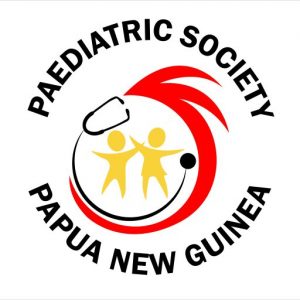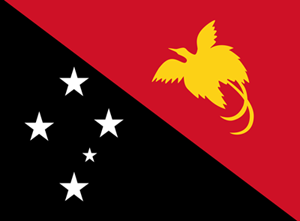Children are prone to get sick, especially from infections caused by germs. Infants and young children under 5 years of age are the ones at increased risk of acquiring infections.
Children get sick from common illnesses like:
- Pneumonia (chest infection)
- Diarrhoea (pek pek wara)
- Malaria
- Meningitis (brain infection)
- Tuberculosis
Children who are mildly sick need to be encouraged to eat, even if they do not feel like eating. They need to be given breast milk if they are still breastfeeding or water. Their fever needs to be controlled. They need to be taken to the nearest clinic as soon as possible.
If children have been sick for weeks or months with chronic cough or weight loss or diarrhea they may be suffering from Tuberculosis or another chronic illness, and it is important that they are taken to be checked carefully by a doctor or nurse who is trained in the care of sick children.
Very sick children have the following signs and need to be taken immediately to hospital.
- Unable to suck or feed
- Too sleepy or not responding
- Have fast breathing or their chest sucks in when they breathe
- Stop breathing for several seconds
- Skin of arms and legs very cold
- Fitting
If children are fitting, they need to be laid on their side and the mouth needs to be cleared of any vomitus or food particles.
It is advisable to keep a bottle of Paracetamol (Panadol) at home and give to children if they have a very high fever. They need to be taken as soon as possible to the nearest health clinic.
For babies behind or due for immunisation (“baby sut”), it is important that they get their vaccines, even if they are mildly sick. The only vaccines that are not given is Pentavalent and Hepatitis B if your child has a high fever above 38˚C. Oral polio drops (Sabin vaccine) is not given if your child has diarrhoea. Once they recover it is important, you take them back to the clinic for their vaccines.

